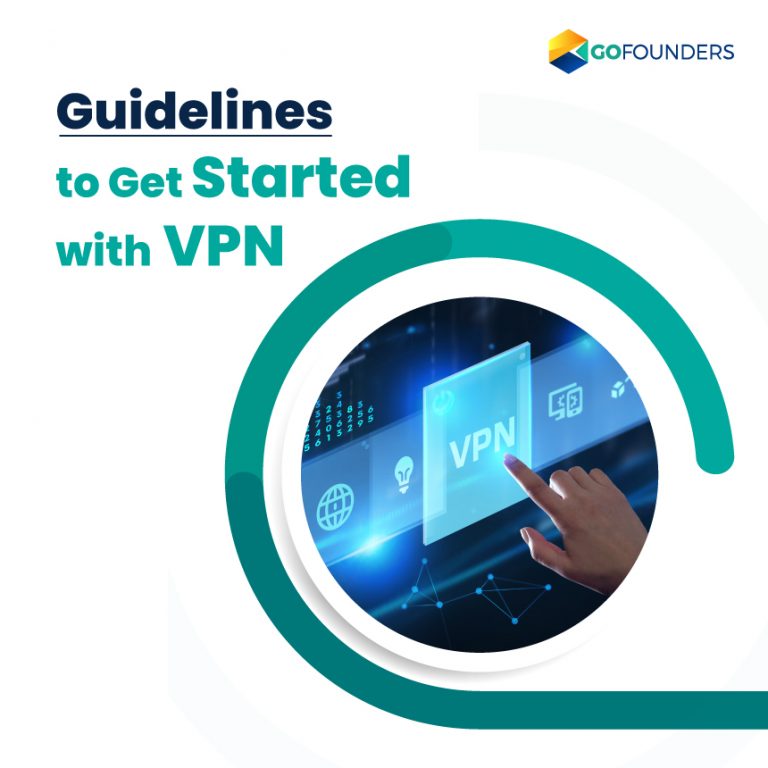
Have you ever known that all your online activities are being recorded and made searchable? It doesn’t matter for what reasons you are using the Internet; you leave a stream of valuable information behind. This information without your knowledge or consent could be stored and made searchable (even publicly).
Often the data collected in this manner is carried out privately. Big corporations may tell you that they collect your data for offering better services, whereas; government bodies may claim it is done to keep you safe. This whole data collection scenario implies that your online presence is at stake.
So how would you save yourself from privacy risks? A VPN or Virtual Private Network is a quick fix. It hides your actual IP address. Thereby, help you protect your data.
How does a VPN function?
A VPN provides a dedicated and secure channel to carry your data from your system to a VPN server somewhere on the net. The VPN server then becomes your identity as it protects your real information and activities from others.
A VPN encrypts your data and prevent hackers from intercepting it. A highly encrypted data enables a secure connection between you and the VPN server.
Why should you use a VPN?
1. Offers security on public Wi-Fi: A VPN offers you data protection while on the other networks. It helps you hide your browsing history, account passwords or other sensitive information from hackers.
2. Protect your data from your own ISP: While browsing on public Wi-Fi is dangerous for data safety, browsing your home Wi-Fi is not risk-free. It’s not difficult for your Internet Service Provider to track your online activities.
This data can be gathered and sold to advertisers. The data is not safe even if you are accessing the Internet in a private browsing mode. A VPN protects your IP address from your ISP too.
3. Offers security when working remotely: While most of us work remotely due to pandemic situations, a VPN is a worthwhile investment that helps your organization keep confidential material safe off-site.
4. Easy to use: Many security devices and processes are complex. On the other hand, VPNs
have intuitive and user-friendly interfaces that makes their installation much easier.
5. Adaptable to multiple devices: VPNs do not just work on a company-loaned laptop. They protect other smart devices, such as your mobile devices, tablets and any desktop computer.
While VPN providers offer different capabilities to safeguard different devices, they keep you protected on multiple devices.
How secure is the VPN service?
While a VPN provides you with data encryption, it is crucial for you to pay attention to VPN providers’ logging policies. Because when you connect to a VPN, the VPN provider gets access to your actual IP address, location, and Internet traffic, which might be a case of concern for many.
Some VPN providers display their logging policy on their home page itself, some others keep it in the fine print. It’s your job to find out if the VPN provider keeps your records or not. Even if they record your info, find out which information is being recorded and for how long.
Conclusion
Opting for a VPN service lets you control your privacy with your information on the Internet. It eliminates the risks concerning online security and privacy. Thus, using VPN is necessary.
Consider using O-Virtual, the AI-powered VPN tool from ONPASSIVE. It secures your online presence by creating an encrypted tunnel that keeps your data and information safe from potential attacks. It offers safety with its services. Now release your worries and secure your network, anywhere!


